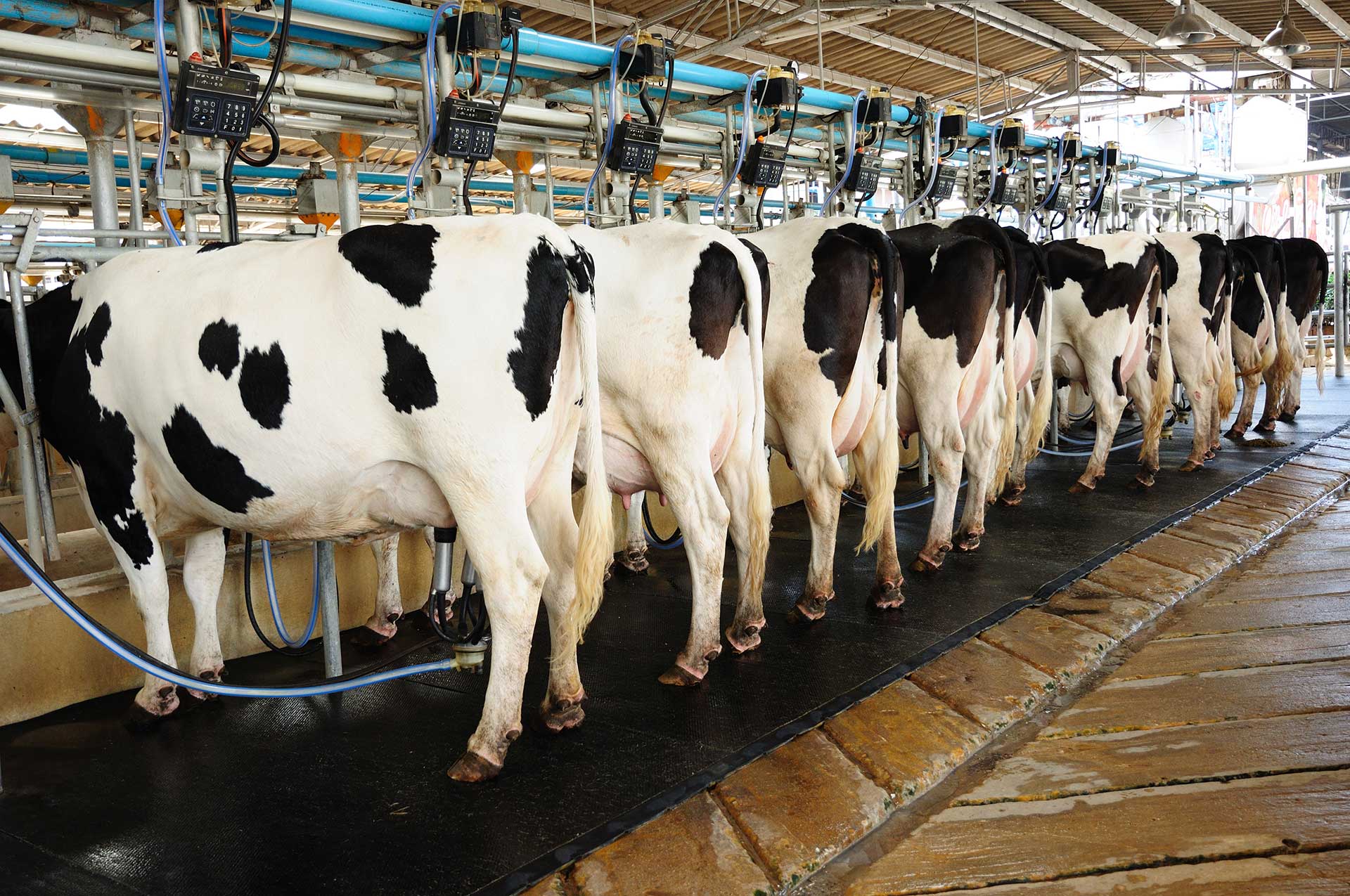Heavy Metals Testing in Dairy Products (Pb, Cd, Hg, As)
The presence of heavy metals such as lead (Pb), cadmium (Cd), mercury (Hg), and arsenic (As) in dairy products can pose serious health risks. These contaminants are not only toxic to humans but also detrimental to livestock health, leading to suboptimal milk production and reduced animal welfare.
Our state-of-the-art laboratory offers comprehensive testing services for heavy metals in dairy products, ensuring the safety and quality of these essential food items. Our team employs advanced analytical techniques to detect even trace amounts of harmful elements, providing reliable data that can guide necessary corrective actions within your supply chain.
The process begins with precise sample preparation, which involves homogenizing raw milk samples to ensure uniform distribution across the entire batch. This step is crucial for accurate analysis as it minimizes variability and ensures representative results. Once prepared, the samples undergo rigorous testing using atomic absorption spectrophotometry (AAS) or inductively coupled plasma mass spectrometry (ICP-MS), both widely accepted methods for heavy metal quantification.
Our laboratory adheres to strict quality control protocols throughout every stage of this process. This includes regular calibration of instruments, validation of test procedures against international standards, and independent verification by second analysts. By doing so, we guarantee that all results are accurate, reproducible, and compliant with relevant regulations.
We understand the importance of timely reporting to your management team or regulatory bodies. Therefore, our laboratory produces detailed reports within 24 hours post-testing. These documents include raw data along with interpretations based on established thresholds for each metal type. Additionally, they offer recommendations tailored towards minimizing future contamination risks while maintaining product safety.
Our commitment extends beyond just testing; it also includes providing expert advice on potential sources of contamination and best practices to prevent them in the future. Whether you're dealing with a sudden spike in heavy metals levels or looking at long-term trends, our team can help identify underlying issues and suggest actionable solutions.
Why It Matters
The presence of even minute quantities of certain heavy metals like lead (Pb), cadmium (Cd), mercury (Hg), and arsenic (As) can have severe implications for both human health and animal welfare. Lead, for instance, has been linked to neurological damage, particularly in infants and children. Cadmium exposure may result in kidney disease while excessive levels of mercury can cause brain dysfunction. Arsenic toxicity affects various organs including the liver and skin.
For livestock producers, these contaminants can lead to reduced milk production, infertility issues, and increased mortality rates among animals. Ensuring that your dairy products meet strict safety standards not only protects consumers but also enhances brand reputation and market competitiveness.
Globally recognized organizations such as the World Health Organization (WHO), Food and Agriculture Organization of the United Nations (FAO), and Codex Alimentarius Commission have set maximum permissible limits for these elements in food products. Adhering to these guidelines helps maintain compliance with local laws and regulations, reducing potential legal liabilities.
Our testing services play a pivotal role in helping your organization meet these stringent requirements. By identifying any existing problems early on, you can take proactive steps to address them before they escalate into larger issues. Regular monitoring ensures continuous improvement of product quality over time.
Applied Standards
| Standard | Description |
|---|---|
| ISO 17025 | Absence of conflicts of interest, robust quality management systems. |
| ASTM E1623-19 | Determination of lead in food by inductively coupled plasma mass spectrometry (ICP-MS). |
| EN 14587:2003 | Determination of cadmium in foods and feeds by flame atomic absorption spectrophotometry. |
| IEC/TS 62907-1:2016 | Prediction of mercury release from metallic materials used for the preparation or packaging of food. |
| Codex Alimentarius Commission (CAC) | Maximum levels of heavy metals in dairy products as recommended by FAO/WHO. |
To ensure our tests align with international best practices, we strictly follow these guidelines. This not only enhances accuracy but also builds trust among stakeholders, including customers and regulatory bodies.
Eurolab Advantages
At Eurolab, our expertise lies in delivering precise, reliable results that meet the highest standards. Our experienced scientists bring years of experience in analytical chemistry, ensuring thorough understanding and interpretation of each test result.
We utilize cutting-edge technology such as ICP-MS which offers unparalleled sensitivity for detecting trace amounts of heavy metals. Moreover, our laboratories are equipped with modern safety features designed to protect both personnel and the environment from hazardous substances.
Our commitment to excellence is reflected in our commitment to sustainability. We aim to minimize waste generation through efficient use of reagents and optimized sample preparation methods. Additionally, we participate actively in research projects aimed at developing new techniques for heavy metal detection.
Clients appreciate the comprehensive nature of our service package which goes beyond mere testing. Our dedicated team offers valuable insights into preventing future contamination incidents by identifying potential sources early on. This proactive approach contributes significantly towards maintaining long-term quality assurance programs within organizations operating in the dairy sector.





